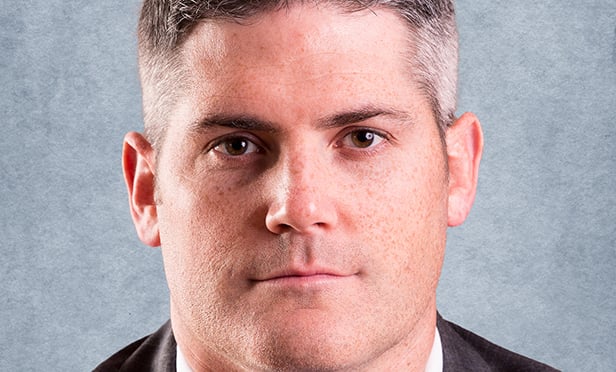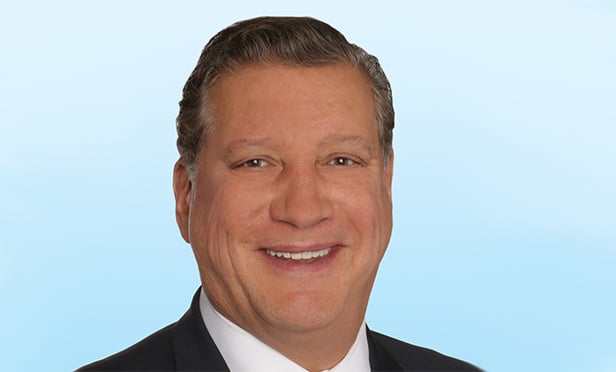LAS VEGAS-Denver is hot in virtually all market sectors, yet as Brad Cohen, locally based investment services manager for Transwestern explains in this exclusive interview from RECon, very few trades are taking place in the Mile High City. Clearly there's a strong demand in the face of a hold-'em mentality. Why?
[IMGCAP(1)]
GlobeSt.com: The capital markets have come back, arguably better than retail. What are you seeing generally in Denver?
Brad Cohen: The capital markets have been on fire in all sectors, from multifamily all the way to retail and office. A lot of that has to do with the economy. The problem I'm seeing in Denver is that things aren't trading because people aren't selling properties, and it's very hard to get into our market these days. When you do see trades, they're very sought-after and a lot of people are looking at them.
GlobeSt.com: Where's the capital coming from? Life companies? Banks? Is it straight across the board?
Cohen: It's straight across the board. We're definitely seeing life company capital coming in, but we're also seeing regional players. Here at ICSC three years ago, you wouldn't hear someone from New York asking about the Denver market. This market's changed a lot. We're seeing national investors from all areas recognizing that Denver is a lot closer to being a 24/7 city than it was before. We're also seeing some international capital coming into the country and looking at investment there as well.
GlobeSt.com: We've heard a lot about foreign investors coming in and talking about the learning curve for local people to embrace the culture.
Cohen: No doubt about it, foreign investors come with a different culture and a different way of doing transactions. And while the owners like the pricing, there's a learning curve on how to get these transactions over the goal line. I've talked with a lot of American investors that are going overseas and having the same issues.
GlobeSt.com: Are you finding the capital gravitating to one type of retail or another? Are there models that make more sense now?
Cohen: Everyone's looking for grocery-anchored centers. That's the key asset class where across the board you'll see the most competition. Our market is Kroger-dominated but Safeway would be number two. Albertson's used to be big and now they're trying to buy the Safeway, so everyone is waiting to see whether if any given Safeway Center is going to stay. Now we're also getting Trader Joe's in our market and some expansion from other groups as well. In terms of power centers, people are still paying big numbers but it's something they're shying away from a little bit. People are looking at big footprints and saying, “Do I want to make such a big bet at a sub-six cap on a center that could have some big-block space?” Retail tenants aren't getting bigger; they're getting smaller.
GlobeSt.com: So what's the outlook?
Cohen: The market is going to continue to grow. We're going to see some properties start to move and deals come out to market. I think the next year is going to be very strong, but there will be a lot of debt expiring in 2015, continuing through 2018. I think there's a real possibility of a small adjustment in the market, maybe halfway through 2015.
© 2025 ALM Global, LLC, All Rights Reserved. Request academic re-use from www.copyright.com. All other uses, submit a request to [email protected]. For more information visit Asset & Logo Licensing.








